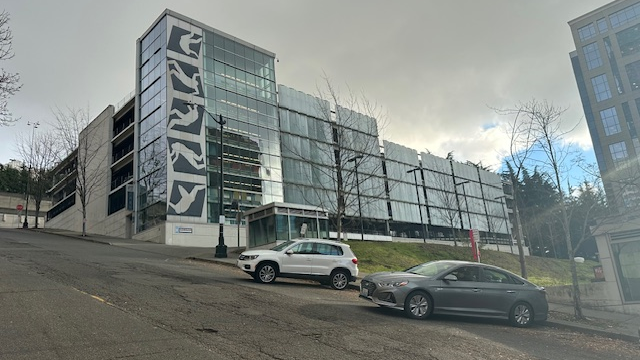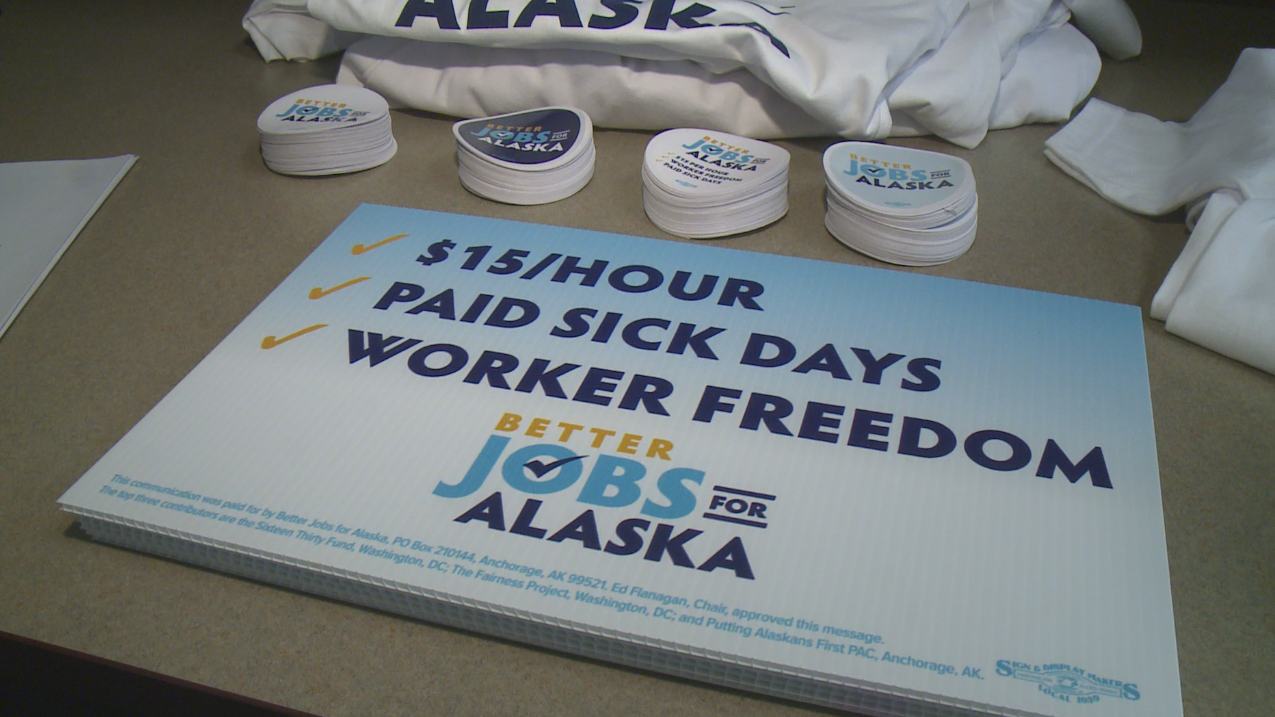With inclement weather comes challenges for employees getting to work. Employers may question if and when they must pay employees affected by weather-related disruptions. Whether your employees cannot get to work because of conditions, children’s schools being closed, or even business closures, employers must understand their responsibility regarding the Fair Labor Standards Act (FLSA) and other state laws.
Ultimately, employees being paid during inclement weather comes down to federal and state laws, employment status, and company policies.
Employment Status
FLSA notes two types of employment status: non-exempt and exempt.
Non-Exempt Employees
Non-exempt workers are entitled to minimum wage and overtime pay when working more than 40 hours per week. These workers are to be paid for the hours they work. If the employer closes the business early or the employee is late due to road or other conditions, they only need to be paid for their worked time.
Some states have Reporting-Time Pay or Show Up laws that require non-exempt employees to be paid a minimum amount whenever they report to work as required or requested by the employer, even if no work is provided. In addition, the minimum hours paid to employees vary by state.
States with reporting-time pay laws include the following:
California – Half of the scheduled shift. This amount is a minimum of 2 hours but no more than 4 hours at their regular rate of pay.
Connecticut – Minimum 2 hours for hospitality/restaurant employees, 4 hours for mercantile (retail)
Massachusetts – Minimum 3 hours. This requirement is exempt for non-profits.
Oregon – Requires “reasonable compensation” to a minor who is not provided with at least half the scheduled shift.
New Hampshire – Minimum 2 hours. The exemption from this rule applies to employees of counties or municipalities or ski and snowboard instructional employees at a ski resort.
New Jersey – Minimum 1 hour
New York – 4 hours minimum or the number of hours in the regularly scheduled shift, whichever is less, at no less than the state standard minimum wage. Hospitality workers receive Call-In Pay on a graduated scale.
Rhode Island – Minimum 3 hours
District of Columbia – 4 hours minimum or the number of hours in the regularly scheduled shift, whichever is less.
In most instances, these requirements do not apply when operations cannot commence or continue due to the following:
- Threats to employees or property
- When recommended by civil authorities
- Public utilities fail to supply electricity, water, or gas, or there is a failure in the public utilities or sewer system
- An Act of God or other cause not within the employer’s control
Exempt Employees
Exempt employees are typically paid a salary rather than by the hour. However, during the winter months, when roads are dangerous, and businesses shut down, it matters whether the employer is closed for business or the employee is unable or unwilling to come to work because of the weather.
For example, if a location is closed because of weather conditions, exempt employees must be paid their regular weekly salary if they have worked at least one day throughout that week. In addition, employers may require exempt employees to work from home even if the office or plant is closed, provided they have work that can be done from home.
However, if the business is open but the employee chooses not to come in due to a storm, then the FLSA permits the employer to treat that as personal time off. Should an employee arrive late or leave early due to poor driving conditions, the FLSA does not allow employers to deduct partial days from these workers’ wages. Depending on state or local laws, it could require more from an employer than federal law does.
Company Policies
The primary goal of every organization and its management is to keep everyone safe and sound. Therefore, inclement weather policies should be in the employee handbook and discussed in e-mails or other written communications, reminding workers about what to expect as inclement weather approaches.
These policies should adequately address how the company handles closings and employee expectations. They should include the following:
- Process for determining the closure of a location
- Communication plan to inform employees about conditions and closures
- The proper method for employees to notify supervisors about their status
- Prearranged alternative work options available
- Compensation and Paid Time Off policies used during location closures
How can we help?
Reporting-Time Pay or Show Up rules may apply either by state law or through your company policy. Time Equipment Company‘s world-class time and attendance system can create the proper pay designations for inclement weather, allowing easy reporting and compliance with state and local laws.
For more information, please get in touch with Time Equipment Company at sales@timeequipment.com or 800-997-8463.
*This information simplifies complex Acts as it is understood by Time Equipment Company. It is not to be taken as legal advice. The regulations for this program are changing. For further information contact your state or local Department of Labor.










